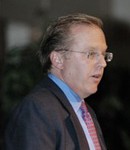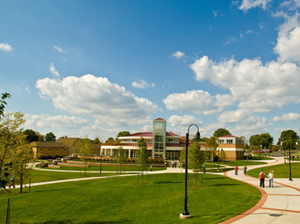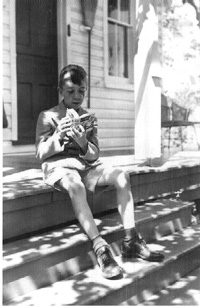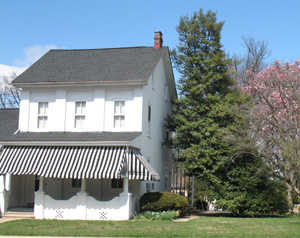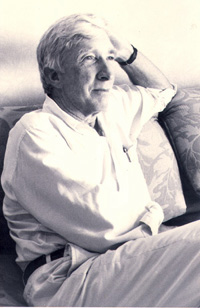 In his poem, “Late January,” which was published in Tossing and Turning, John Updike ended with the line, “Time’s sharp edge is slitting another envelope.” How eerily prescient that poem feels now, a year after his passing on January 27, 2009.
In his poem, “Late January,” which was published in Tossing and Turning, John Updike ended with the line, “Time’s sharp edge is slitting another envelope.” How eerily prescient that poem feels now, a year after his passing on January 27, 2009.
Family, friends, and readers all over the world are still feeling his loss. Sure, we received our annual gift from him—three books, in fact: Endpoint and Other Poems, My Father’s Tears and Other Stories, and The Maples Stories. But it wasn’t the same, knowing that there will come a year for the first time in more than half a century when we won’t have a new book by John Updike.
We all have our favorites, but for me, one book of his remains special: Marry Me: A Romance. That’s because in April of 1995 I used that book to propose to my wife . . . with John’s help.
I still remember how he laughed when I phoned to tell him my plan and ask, “Would you help me propose to my wife?”
“You mean . . . like Cyrano?” he said, with that unmistakable bit of mischief that you heard in his voice when something amused him.
“Not quite that bad,” I said, explaining that I wanted to propose to Zarina atop the Empire State Building but hesitated to give her the ring there, afraid that it might get dropped in the nervousness of the moment and be lost in the dusk. “If I send it to you, would you be willing to inscribe my copy of Marry Me so I could use it to propose?”
“Oh, why not,” he said. “To my knowledge the book has never been used that way—though it’s a little ironic, isn’t it, since they don’t exactly live happily ever after in the book? I wouldn’t want it to jinx you.”
“It won’t,” I said. And he got the book to me just in time for a trip that Zarina and I were taking to New York City, where we were going to double date with my best friend from college—Gerry Hoey, who’s the Inspector General of New York City. The first stop was the Empire State Building, where we lingered at the top to allow some of the people to leave. Then I pulled out a small cassette player and set it on the railing. While “Arthur’s Theme” played and Gerry took pictures, I began slow-dancing with Zarina, then said, “I have something to give you.” She was expecting a ring, of course, but instead I reached behind my back and pulled out a plastic bag. I took out Marry Me and handed it to her.
Inside, John had written, “Dear Zarina, If you say ‘yes,’ you might get a ring in the Rainbow Room. Hope it all works out. Felicitations, John Updike.” And he dated it the day that I told him I was going to propose, 4/28/95. Four months later, for a wedding gift he sent us a copy of the limited edition of The Afterlife short story, in which he wrote, “For Zarina Mullan and Jim Plath, May you live happily ever after.”
Today, I’m wishing the same for him.
(Photo and text by James Plath)

